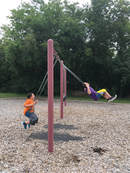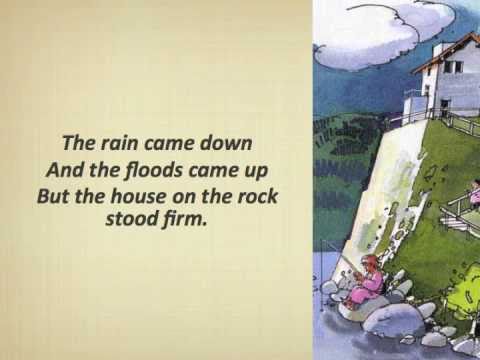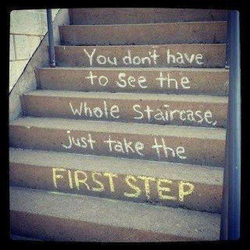
Yes boys, in all ways that matter, I will push you higher.
I will push you to show respect to all people, living creatures, and things so that you can appreciate their value, and in turn have respect shown to you.
I will push you to be kind and compassionate, for the power of this simple act leads to greater virtues.
I will push you to make a difference so that you might lift others up and in return feel the satisfaction of knowing your words or deeds benefited another.
I will push you to say something when you see injustice or mistreatment toward others for it is when we take that first step, we can right a wrong; change the culture, and eventually the world.
I will push you to follow your faith, believing in a God that offers acceptance, grace, and forgiveness to all who seek Him.
I will push you to have courage to stand up for your convictions and do what is right when it might not be the most popular thing to do because it is then that your character is revealed.
I will push you to do the right thing, to make choices that are responsible, productive, and advance you toward your goals.
I will push you to be curious and continue to learn long after leaving the classroom for learning keeps us relevant and viable in an ever-changing society.
I will push you to try harder, especially when it’s difficult and you feel like giving up, for the satisfaction of completing challenging work is worth the effort.
I will push you to do your very best work every time because “if it’s worth doing, it’s worth doing well.” (Philip Stanhope, 4th Earl of Chesterfield)
I will push and encourage you to find your passion and fulfill your dreams.
I will push you to take calculated risks and think outside the box so that you may grow and live life to its fullest. But I will not push you into harm’s way because your safety and well-being are my top priority.
I will push you to have fun, finding pleasure in recreational and social activities that allow you to relax, recharge, and enjoy life.
I will push you to live a healthy lifestyle so that your life may be more enjoyable and productive.
I will push you to surround yourself with people who share and support your values, your goals, and your interests, but to also embrace those who differ from you so you may expand your knowledge and appreciation of other ideas, cultures, and ways of doing things.
I will push you to travel so that you may appreciate the wonderful world in which we live, and to learn about history and culture so that you may better understand your own legacy.
I will push you to find common ground with others so that you may work together and have amicable relationships personally, within your community, and in your chosen field.
Yes boys, I will push you higher… in the swing so we can laugh and enjoy our time together, and in life so you can reach your full potential and become a productive and caring adult. I will push you to fly and soar like eagles, achieving greatness, but reminding you to return home to the ones you love and who love you. I will push you as long as I am able, but I will always have your back until I take my last breath.
“ Push me higher, Grandma”…. You bet I will.












 RSS Feed
RSS Feed